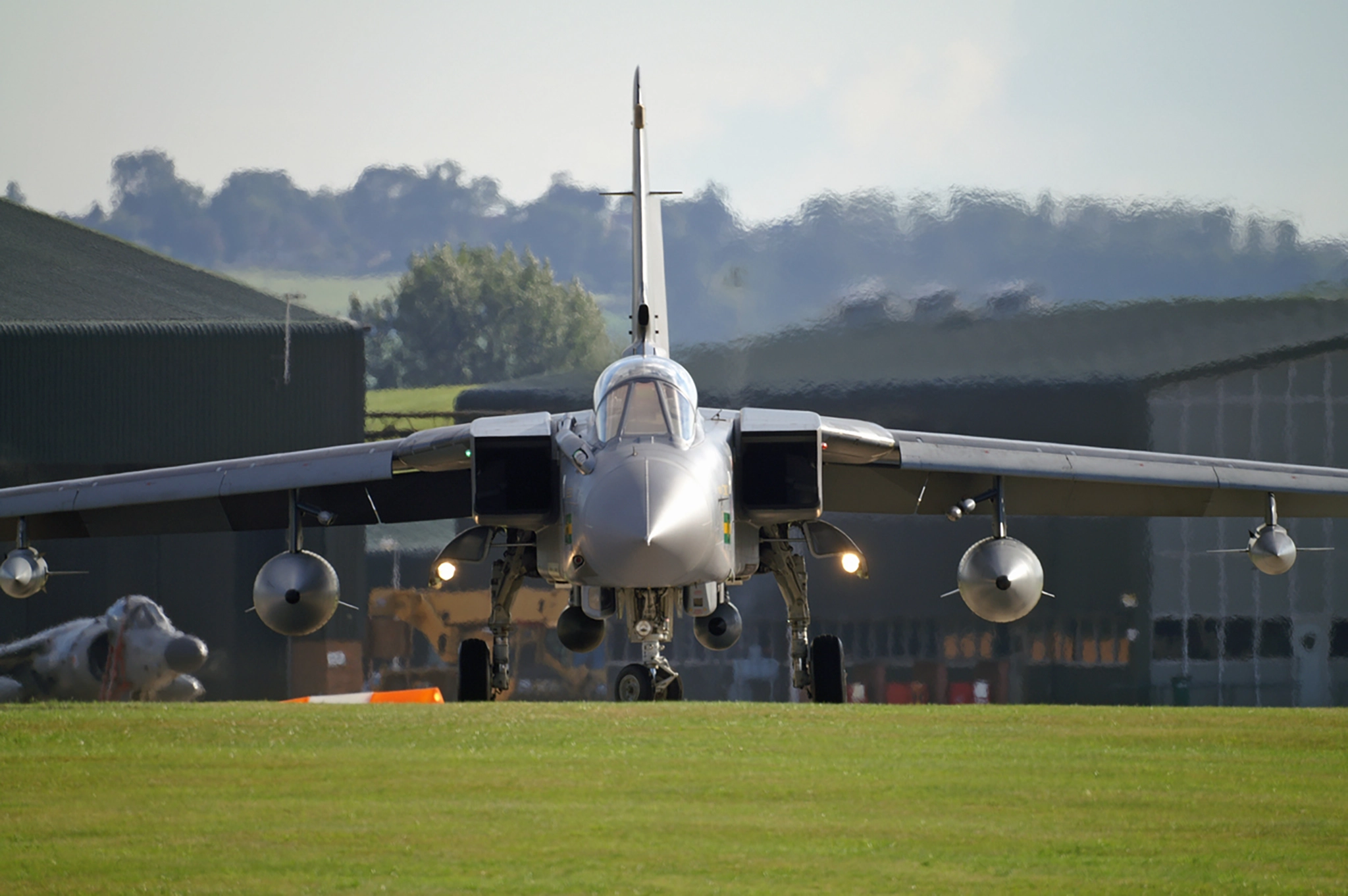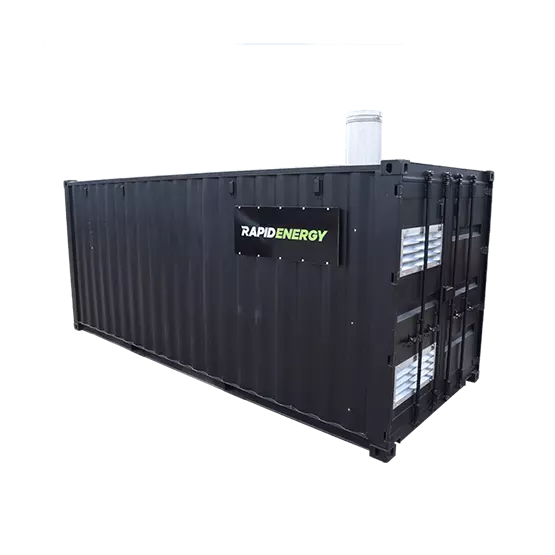-

-
0800 464 7025 Available 24/7
-

-
0800 464 7025 Available 24/7
A critical failure in the boilers of the incumbent plant room at a DIO site managed by one of our key FM customers posed a significant challenge. With two out of three boilers non-operational and the remaining one damaged by a mechanical fire, the aircraft hangars faced the threat of dropping ambient temperatures, jeopardising the safe storage conditions for returning aircraft.

In response to the urgent situation, a Rapid Energy Engineer was quickly deployed to conduct a survey and to devise an effective solution. It was determined that connecting a package boiler to the primary system pipework feeding the Air Handling Unit (AHU) system servicing the hangars would be the most efficient approach. Subsequently, a comprehensive report was generated, leading to the creation of a quote for client approval.

Several key components were required for the installation:
The existing plant room housed 3 no 650kW boiler modules. The primary challenge was determining the optimal location for the temporary boiler, situated over 40 meters away. The chosen location at the rear of the hangar provided adequate space and access for landing the plant room and fuel tank. Installation required running hoses underneath a shutter and into the plant room to connect to the flow and return pipework atop one of the existing boilers.
A 1.3MW packaged boiler was supplied, connecting to the primary circuit to bypass the failed boilers and supply Low-Temperature Hot Water (LTHW) into the primary circuit feeding the AHU system. The equipment was swiftly mobilised, delivered, and installed within 24 hours of instruction. Following connection and commissioning, temperature control was ensured via a Building Management System (BMS), allowing scheduled timers and flow temperatures adjustment to maintain optimal conditions for aircraft maintenance and storage. Additionally, heras fence was installed around the compound to ensure safety and equipment security.
Rapid Energy seamlessly provided a temporary heating solution from instruction to delivery, installation, and commissioning within a short timeframe. This ensured uninterrupted operations, safeguarding both the aircraft and personnel within the hangar, and exemplified our commitment to responsive and effective service delivery in critical situations. This successful project underscores the importance of proactive planning and rapid response in mitigating operational disruptions. Moving forward, continued collaboration and strategic partnerships will be essential in addressing similar challenges effectively and efficiently.

This was the first time we have used Rapid Energy, the communication from them has been excellent and the whole process from install of temporary heating to collection was smooth.











